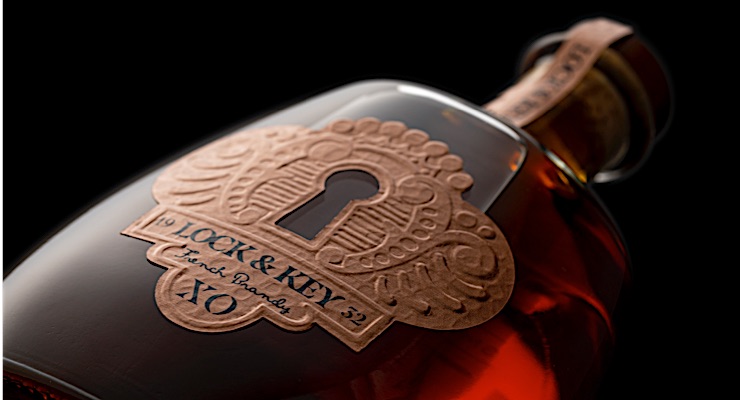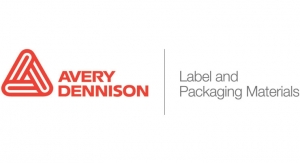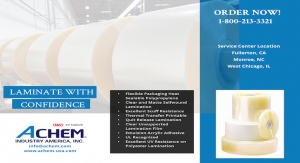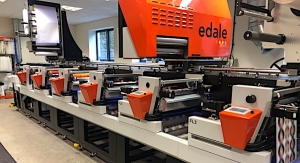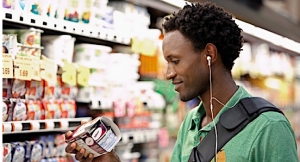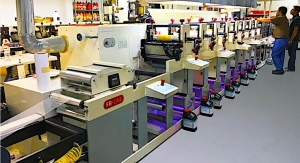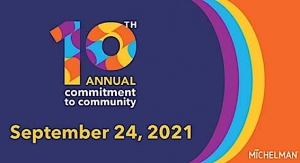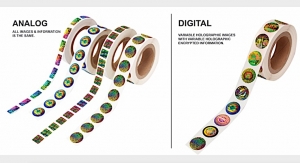Greg Hrinya, Editor05.27.21
Already one of the more popular labeling segments for converters, the beer, wine, and spirits market has been impacted significantly over the past year. Given the chaotic nature of the pandemic, this area saw increased focus from consumers – translating to varying demand for label printers amidst changing habits in purchasing.
US alcohol per capita consumption has peaked. According to Vanita Marzette, senior product manager of wine and spirits, Avery Dennison Label and Packaging Materials, consumers adapted their spending habits to the new normal, buying their wine and spirits at grocery stores and through DTC channels. Of course, e-commerce played a significant role in beer, wine and spirits purchasing during the COVID-19 pandemic.
“E-commerce saw a 153% increase in sales growth and a 191% increase in number of orders in 2020,” notes Marzette. “DTC volume grew at 31% as Americans reached out to purchase wine directly from their favorite wineries, and the wineries reciprocated by offering entertaining virtual wine tastings, discounts and online events. US Spirits have been gaining share of total alcohol from beer and wine, with sales rising to 39.1% percent of the total beverage alcohol market.
Ready-to-drink (RTD) beverages and hard seltzers, which saw increased popularity during the pandemic, will continue to be popular, says Marzette. RTD sales growth has accelerated in the off-premises. In the future, continued vaccinations and treatment methods, this market will continue to stabilize.
Premiumization emerged as a big trend during the pandemic, and this should continue in off-premise wine sales. Experts suggest that since Americans didn’t have the opportunity to buy wine in on-premise establishments, where they are used to paying a high mark-up, they decided to treat themselves to higher priced wines to drink at home during the pandemic.
“As the COVID-19 vaccine is rolled out in the United States during 2021, on-premise accounts will begin opening their doors once again and we will see the market slowly start to recover in sales dollars, as well as a boost in volume,” states Marzette. “We have seen demand come back across the spectrum of materials.”
With increased focus on this pivotal segment, Avery Dennison has developed a host of new products to support label converters. In 2020, the company expanded its portfolio with six new sustainable facestocks, including a range of cotton materials and its Crush Range.
“This year as we continue to see a focus on the premiumization trend and growth in spirits, we are adding new hammered metal facestocks and an embossable film,” says Marzette. “Wine materials cross both wine and spirits, as well as craft beer, because these areas are all following the trend toward premiumization. We are also seeing more unique and textured facestocks that work across segments. The wine materials offer the added benefit of being able to stand up to ice buckets and condensation. In addition, we see a lot of craft beer brands gravitating toward prime films and shrink sleeve materials.”
The Avery Dennison Wine and Spirits portfolio offers classic and premium materials that have been designed to help brands stand out on shelf. The company offers over 150 constructions for this segment, with an extensive portfolio that includes uncoated, coated, glossy, sustainable and luxury papers. Avery Dennison also has several technical resources that collaborate with wineries and converters to ideate and source engineered solutions.
In developing these materials, the voice of the customer has been integral in product development. “We are heavily influenced by converter needs in addition to keeping a finger on the market for brand owner needs,” remarks Marzette. “We continue to listen to our converters to understand gaps in the market, converting issues that need to be addressed, in addition to providing them materials that meet their customer needs. We also work closely with converters to source material for specific or custom solutions through our engineered solutions program.”
With its new product launches comes an increased focus on sustainability. Sustainable materials are continuing to become more popular, and consumers are demanding sustainability from their favorite brands.
“There has been an increase in requests for materials that are FSC, recyclable or made from organic materials that are sourced in a responsible manner,” says Marzette. “Avery Dennison has met these needs with sustainable options that have 30% to 100% recycled content in addition to including material made from cotton, citrus, hemp and barley. Sustainability will continue to be extremely important in this segment, and we are committed to growing our sustainable material offering in this space.”
US alcohol per capita consumption has peaked. According to Vanita Marzette, senior product manager of wine and spirits, Avery Dennison Label and Packaging Materials, consumers adapted their spending habits to the new normal, buying their wine and spirits at grocery stores and through DTC channels. Of course, e-commerce played a significant role in beer, wine and spirits purchasing during the COVID-19 pandemic.
“E-commerce saw a 153% increase in sales growth and a 191% increase in number of orders in 2020,” notes Marzette. “DTC volume grew at 31% as Americans reached out to purchase wine directly from their favorite wineries, and the wineries reciprocated by offering entertaining virtual wine tastings, discounts and online events. US Spirits have been gaining share of total alcohol from beer and wine, with sales rising to 39.1% percent of the total beverage alcohol market.
Ready-to-drink (RTD) beverages and hard seltzers, which saw increased popularity during the pandemic, will continue to be popular, says Marzette. RTD sales growth has accelerated in the off-premises. In the future, continued vaccinations and treatment methods, this market will continue to stabilize.
Premiumization emerged as a big trend during the pandemic, and this should continue in off-premise wine sales. Experts suggest that since Americans didn’t have the opportunity to buy wine in on-premise establishments, where they are used to paying a high mark-up, they decided to treat themselves to higher priced wines to drink at home during the pandemic.
“As the COVID-19 vaccine is rolled out in the United States during 2021, on-premise accounts will begin opening their doors once again and we will see the market slowly start to recover in sales dollars, as well as a boost in volume,” states Marzette. “We have seen demand come back across the spectrum of materials.”
With increased focus on this pivotal segment, Avery Dennison has developed a host of new products to support label converters. In 2020, the company expanded its portfolio with six new sustainable facestocks, including a range of cotton materials and its Crush Range.
“This year as we continue to see a focus on the premiumization trend and growth in spirits, we are adding new hammered metal facestocks and an embossable film,” says Marzette. “Wine materials cross both wine and spirits, as well as craft beer, because these areas are all following the trend toward premiumization. We are also seeing more unique and textured facestocks that work across segments. The wine materials offer the added benefit of being able to stand up to ice buckets and condensation. In addition, we see a lot of craft beer brands gravitating toward prime films and shrink sleeve materials.”
The Avery Dennison Wine and Spirits portfolio offers classic and premium materials that have been designed to help brands stand out on shelf. The company offers over 150 constructions for this segment, with an extensive portfolio that includes uncoated, coated, glossy, sustainable and luxury papers. Avery Dennison also has several technical resources that collaborate with wineries and converters to ideate and source engineered solutions.
In developing these materials, the voice of the customer has been integral in product development. “We are heavily influenced by converter needs in addition to keeping a finger on the market for brand owner needs,” remarks Marzette. “We continue to listen to our converters to understand gaps in the market, converting issues that need to be addressed, in addition to providing them materials that meet their customer needs. We also work closely with converters to source material for specific or custom solutions through our engineered solutions program.”
With its new product launches comes an increased focus on sustainability. Sustainable materials are continuing to become more popular, and consumers are demanding sustainability from their favorite brands.
“There has been an increase in requests for materials that are FSC, recyclable or made from organic materials that are sourced in a responsible manner,” says Marzette. “Avery Dennison has met these needs with sustainable options that have 30% to 100% recycled content in addition to including material made from cotton, citrus, hemp and barley. Sustainability will continue to be extremely important in this segment, and we are committed to growing our sustainable material offering in this space.”

